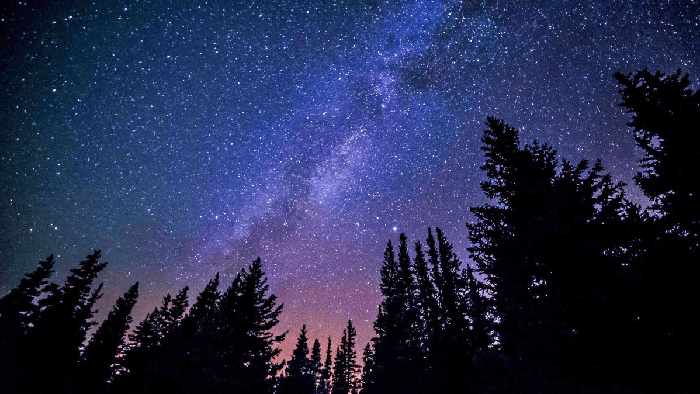
Christianity teaches us that our world is holy and that everything is matter for sacrament. In this view, the universe manifests God’s glory, and humanity is made in God’s image. Our bodies are temples of the Holy Spirit, our food is sacramental, and in our work and sexual embrace, we are co-creators with God. This is high theology, a symbolic hedge that dwarfs what is found in virtually every other religion and philosophy. Our responsorial psalm today comes from Psalm 19, which proclaims that the Lord is the “rock” of salvation by his virtue of universal dominion. The glory of God is made manifest to all by the sun and divine Law. The Christian reader can see in the preaching of the Gospel the definitive revelation of this glory. The psalmist says that he can see the greatness of God because the whole world, he proclaims poetically, can also see it because it speaks without words through the succession of days and nights. Fr. Rolheiser writes that the problem is that, most times, our daily lives are so dram, distracted, and fixed upon realities that seem so base that it makes this idea that “everything is a sacrament” seem to be an adolescent fantasy. That is because we have lost the sense that the world is holy and that our eating, working, and making love are sacramental. We no longer connect ourselves, our world, and our eating and making love to their sacred origins. In not making this connection, our prayer, and ritual fall short. Fr. Rolheiser admits, “I am not sure what the solution is. The ways of the past, for better and for worse, are not our ways. But we must find a way…a way to connect our eating and drinking, working and making love, to their sacred origins. The joylessness of so much that should bring us joy can tell us as much.”
